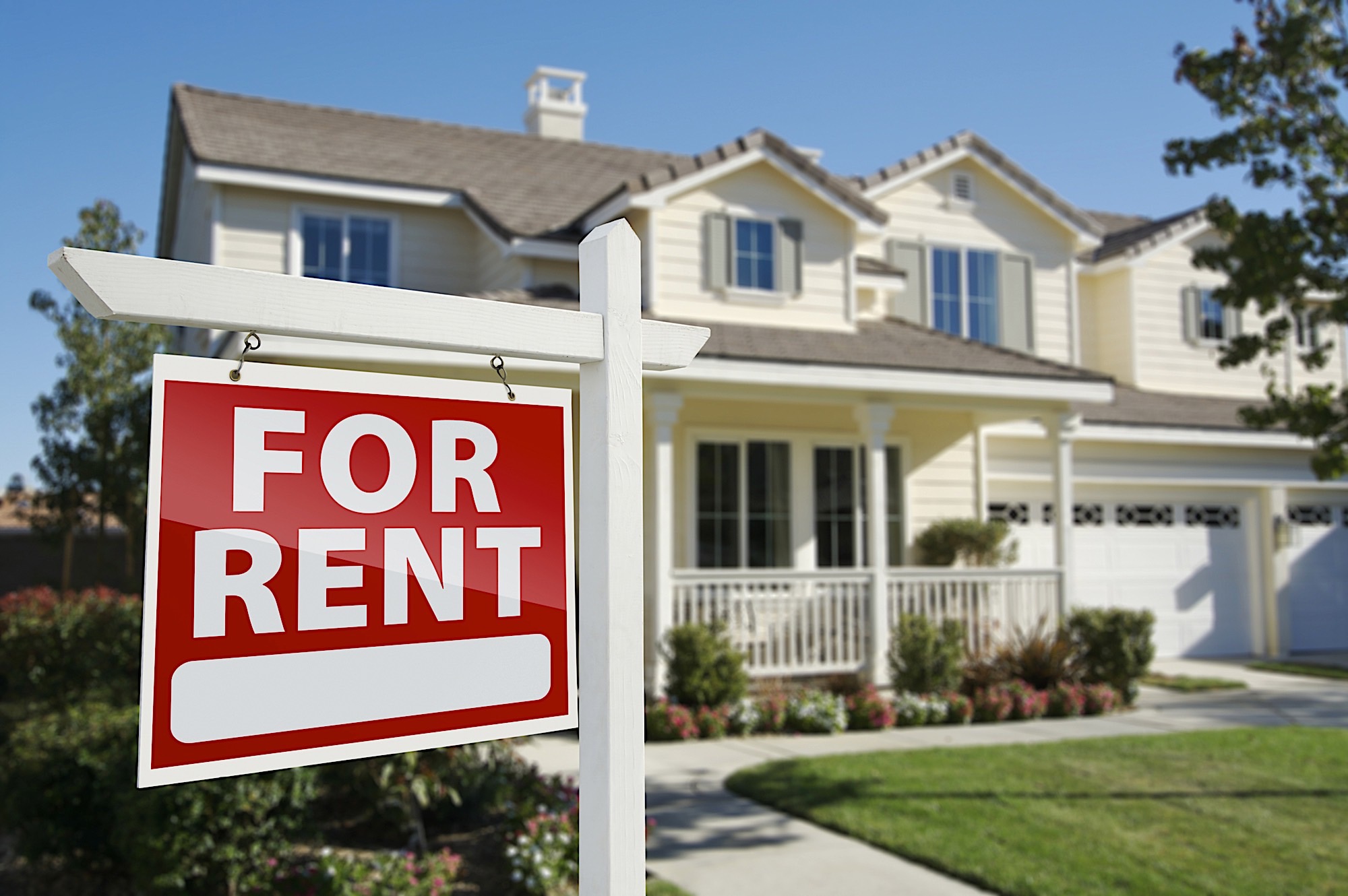A student housing rental can be one of the best additions to your portfolio you will ever make. It is not uncommon for a rental property located near a College or University to demand rents 10 to 30 percent higher than similar properties on the other side of town. While student housing can demand higher rents managing the property has its challenges. It is important to remember that you are dealing with 20 year old kids. They are going to call you every time there is a question or concern. For the increased rent this is part of the tradeoff. Effectively managing the property and dealing with student expectations is a big part of your property success. Here are four tips for managing a student housing rental.
- Know Local Laws & Area. Renting to college students is different than your average single family rental property. For starters depending on the town there could be laws specific for college rentals. You may only be allowed to rent to a certain amount of tenants based on the square footage and bedroom count. The windows may have to open a certain amount and there may have to be multiple exits in the property. Most of the restrictions are minor and easily fixable but still need to be updated every year. In addition to town requirements it is also a good idea to stay on top of what is going on in the area. Find out if the college or university has increased annual enrollment. Investigate if the student housing permit number has grown in the past year. Both of these factors directly impact the demand which will have an effect on your monthly rental amount.
- Get All Tenants On The Same Page. The average student housing rental has multiple tenants. Even if you own a single family property you are looking at renting to anywhere from three to five tenants. Some of the showings will be to three people and the next time maybe two others. Before you commit to renting to anyone you need to get all your tenants on the same page. It is important that you explain how the lease will run. Review the expectations for the property, how rent will be received and what they are responsible for. You have to assume that none of your tenants have ever rented a property before. This will be their first time outside of their parent’s home or the dorm. Whatever may be obvious to you may not be as obvious to them. You should make sure that all tenants are present during your meeting. It is also a good idea to take down a name, email address and phone number for their parents. Review the lease line by line explaining the consequences and penalties if the lease is broken. Before your tenants move in is the best chance to get everybody on the same page.
- Stay On Top Of Maintenance. To get the most out of your student housing rental you need to treat your tenants as you would anyone else. If something breaks or needs repair in the property you have to get on it as quickly as possible. While things are more likely to get worn down in a student housing rental it doesn’t mean it is your tenants fault. The sheer use of the appliances and property in general greatly increases with four students in the property. The longer you make your tenants wait to fix a clogged toilet or change a lock the less likely they will be to take care of your property. They may not be as likely to inform you of a minor item in the property that could easily be fixed with just minor maintenance. Instead of an easy fix your problem will turn expensive and time consuming. You may also get used to your tenants not reaching out to you at all. Just because you haven’t heard from your tenant doesn’t mean that everything is going smoothly. You should let your tenants know that your policy is to inspect your property once every three months. As long as you give them enough notice this should not be a problem. With a student housing renting you need to stay on top of everything all the time.
- End Of Lease Policy. One of the downsides of student housing rentals is that tenant’s typically only stay for a year or two max. This creates a high amount of turnover every year or so. This can be difficult as you are trying to find new tenants while wrapping up the end of the current lease. When you are roughly sixty days out you need to sit down with your tenants and go over the expectations and policy for the end of the lease. You can’t expect the house to be spotless with every showing but it can’t be an absolute mess either. You also need to make clear the expectations of what condition the property needs to be delivered in. If there is damage to the property you have to explain how the security deposit will be returned. You also should point out that you have up to thirty days to inspect the property and return the security from the end of the lease. As you near the lease end there should be no questions about expectations, guidelines or anything else with the property.
The most important task with owning a student housing rental is management. Whether you manage the property yourself or have a dedicated property manager you need to stay on top of everything. The four areas alone will greatly help you manage your student housing rental.






